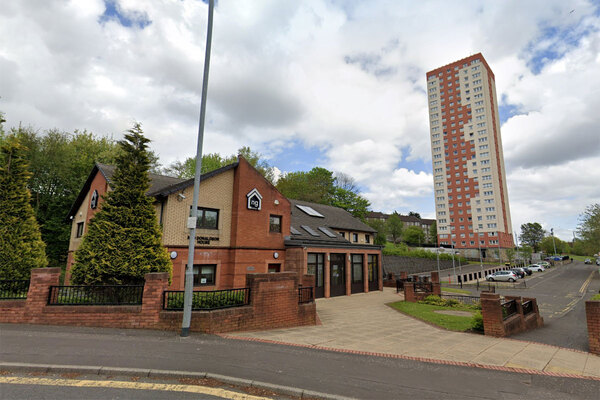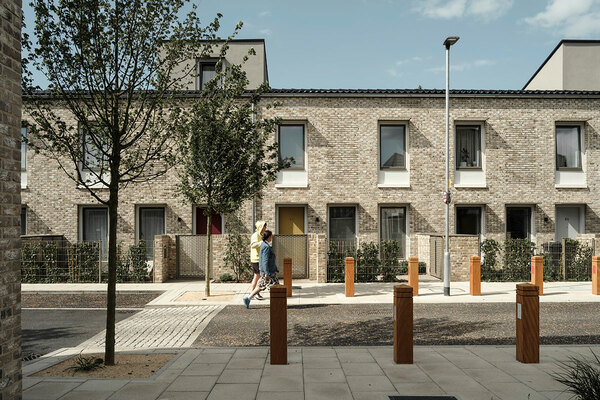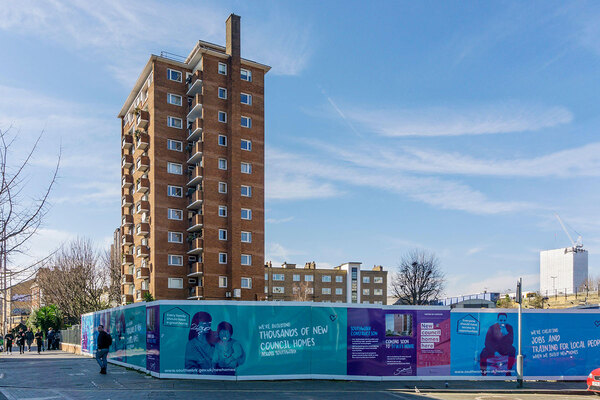You are viewing 1 of your 1 free articles
West Midlands associations seek Right to Buy solutions ahead of pilot
West Midlands housing associations are working to devise a workable method of transferring Right to Buy discounts between homes, as a long-awaited pilot of the controversial extension of the policy looms.
Government announced at the Autumn Budget that the regional trial of the Right to Buy extension to housing association tenants would start in July, funded through £200m from the Treasury.
Portability will allow tenants to use the discounts to purchase an alternative housing association home, if their property is excluded from the scheme.
This aspect of the extension was not tested in small scale pilots run with five housing associations in 2016, but is expected to be a major feature of the main scheme with 32% of the homes in the first pilot excluded. Hundreds of thousands of homes are expected to be exempt if the policy is ever rolled out nationally.
Housing associations have previously expressed concern that the portability aspect will be a major administrative difficulty, with members of a working group to develop the scheme warning they were finding “more problems than solutions”.
The large-scale regional pilot in the West Midlands – first announced in November 2016 – is being run in order to test portability in practice.
The Matrix Housing Partnership, a group made up of: Rooftop Housing Group, Accord Group, Trent & Dove, Trident Social Investment Group and WATMOS Community Homes, are collaborating to form a common policy for how portability will work in the pilot.
Boris Worral, chief executive of Rooftop and chair of the West Midlands Regional Committee at the National Housing Federation, said: “The concept of portability is inherently complicated, so a number of us are actively exploring the development of a common framework for that.
“Potentially others could join that too. The more that we can agree up front how to manage it, the better.
“The other thing that we are trying to do at a regional level is get commonality around communications.
“It’s quite important that the [communications] are consistent for customers. What you don’t want is customers having wildly different ideas of what is available and how it all works.”
Housing associations in the West Midlands are still awaiting guidance from ministers on the criteria for the pilot, including regarding portability and which tenants will be eligible.
Inside Housing understands that the Ministry of Housing, Communities and Local Government (MHCLG) committed to giving landlords three months to gear up for the pilot.
Boards at the region’s housing associations are currently deliberating on their policies for the scheme, and are understood to have the option to opt out. None are yet thought to have indicated they will take this step.
The Right to Buy extension to housing association tenants was the flagship commitment of David Cameron’s Conservative election manifesto in the 2015 general election.
He originally promised the policy would be funded through the sale of high value council homes and would be introduced within 100 days of his party taking office.
However, despite striking a voluntary deal with housing associations in 2015 and running a pilot in 2016, the policy has not yet been rolled out any further with the long-awaited West Midlands pilot the next step.
With the planned forced sale of high value homes apparently dropping off the agenda since Mr Cameron left government, it is not yet clear how the government plans to fund the compensation to housing associations as a result of the sales, which could cost an estimated £4.5bn a year.
Related stories













